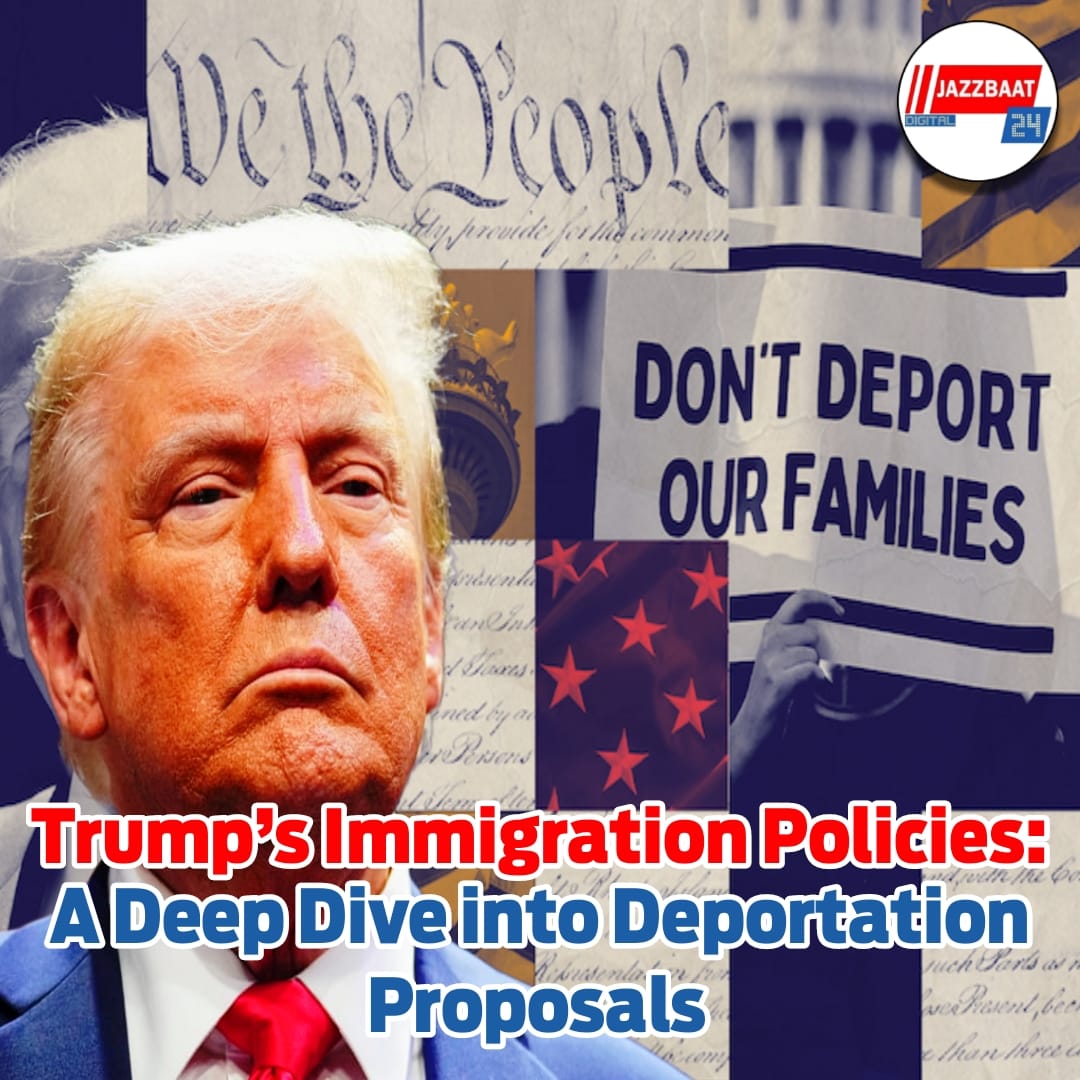
Donald Trump's immigration policies and deportation plans are again center stage as he embarks on his second term in the White House. His strategy, promising the "largest domestic deportation operation in American history," promises a dramatic acceleration of his first term, and far-reaching reforms would remake both illegal and legal immigration in the country.
Mass deportation is at the forefront of Trump's agenda. Trump promised to deport millions of illegal aliens using expedited removal processes that bypass long court procedures. While in theory, the process is streamlined, it poses gigantic concerns about due process and human rights because it would restrict legal protections for the targeted individuals being deported. Trump's proposal also calls for the deployment of military troops to aid in deportations and border security, a step condemned by civil liberties organizations and lawyers as potentially unconstitutional and setting a poor precedent for domestic military application.
To facilitate these large-scale deportations, Trump suggests the expansion of detention facilities, including the revival of family detention policies roundly criticized during his initial term. Trump also intends to invoke the infrequently applied Alien and Sedition Acts in order to hasten deportations outside of court scrutiny, a policy certain to be confronted immediately with legal pushback. The sweep of the action-impact, as it turns out, up to 11 million undocumented aliens-would overwhelm not just the immigration courts but potentially destabilize communities, sever families, and disrupt industries based on foreign worker labor.
The policies pursued by Trump extend to illegal aliens. He has promised to end birthright citizenship for children of illegal parents, ignoring the established reading of the 14th Amendment. This measure, if passed, would be a tectonic shift in American immigration policy and virtually certain to lead to a constitutional showdown in the courts. Aside from that, Trump also aims to end the Diversity Visa Lottery and limit family-based immigration, rather than embracing a merit-based immigration system that will prioritize skilled employees over family unification. As much as it might draw talents, it will also diminish diversity and limit family reunions' potential in America.
On the border, Trump's proposals are also stringent. He wishes to finish the wall on the border, revive the "Remain in Mexico" program for asylum seekers, and shutter initiatives like CBP One, which today allow lawful entry scheduling. Admissions of refugees and asylum aliens would be slashed considerably, eligibility tightened, and yearly quotas set at historic levels. Temporary Protected Status (TPS) proclamations could be rescinded, making vulnerable many of those migrants subject to deportation despite continuing emergencies back in their home countries.
The economic impact of these policies is one of the major concerns. Industries like health care, construction, and agriculture, which depend on foreign workers, might experience serious labor shortages, increasing the cost and impacting productivity. Corporate employers would incur higher compliance costs for hiring foreign workers, particularly under the H-1B visa program, making it even tougher for companies to gain access to world talent.
Humanitarian groups warn that Trump's proposals would send a climate of fear among immigrants, discourage them from seeking fundamental services, and deepen family separation. Rescission of defenses for vulnerable targets such as hospitals and schools might be disastrous among vulnerable populations. Lawyers foresee a tidal wave of court lawsuits, particularly regarding bids to end birthright citizenship and executive actions' attempts to by-pass settled lawful procedures.
Public sentiment about Trump's immigration plan remains intensely polarized. His supporters argue the policies are needed to save American jobs and national security, while opponents argue they go against America's history as a nation of immigrants and violate fundamental human rights. The next few months will undoubtedly bring intense congressional battling, court battles, and public debate over the future direction of U.S. immigration policy.
Overall, Trump's deportation and immigration plans mark a broad shift back toward restriction, enforcement, and executive power. Whether or not those policies are determined to be sustainable in the courts and resisted by the citizenry is yet to be seen, but their potential to redefine the American immigration system-and the lives of millions-increases with each passing day.